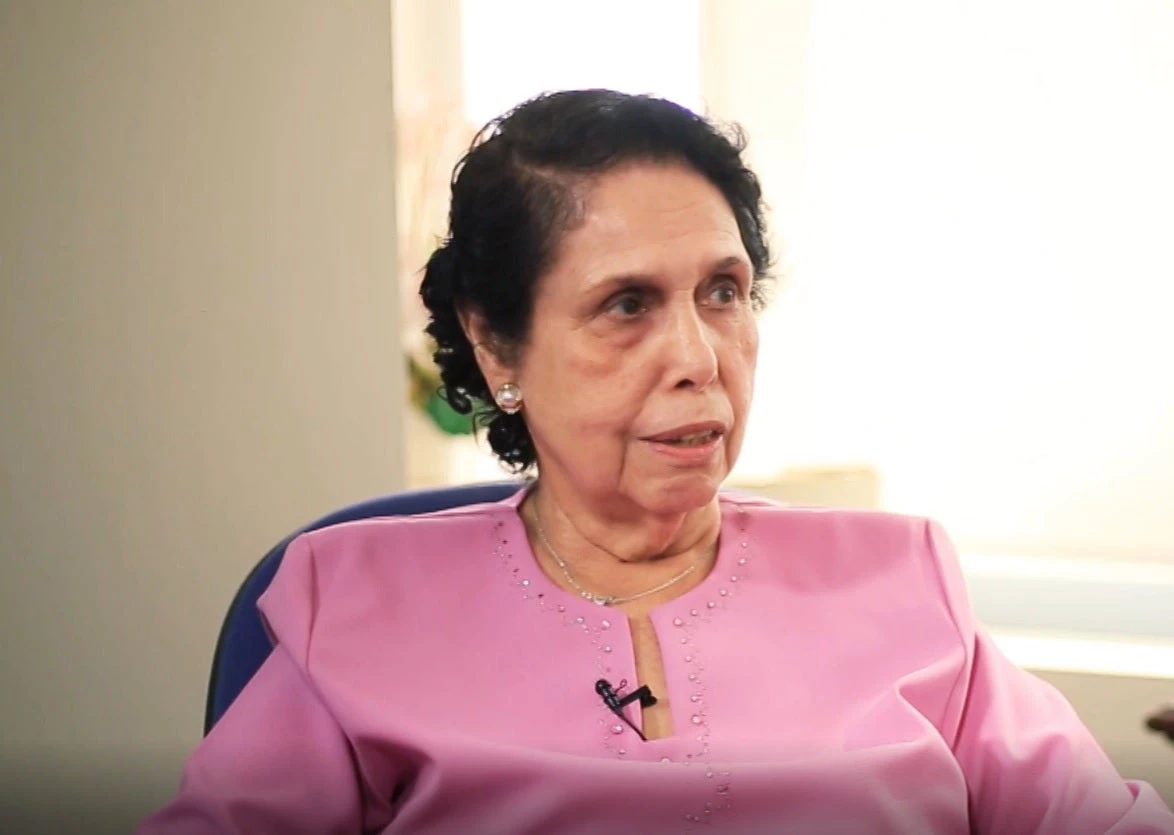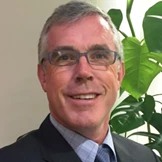Last week I was fortunate to attend the World Bank-IMF annual meetings in Tokyo. The main purpose of my visit was to ensure the smooth functioning of a seminar on the ’Next Generation of MDGs’ and the post-2015 global development framework. I hope many of you watched the discussion, which was live web streamed. For those who missed the discussion by the high level panel, moderated by the World Bank’s brand new Chief Economist, Kaushik Basu, watch it here. 
The collective brainpower of these development practitioners lived up to expectations. Indeed, the session turned out to be extremely informative about how policy makers of the represented countries had seen the usefulness of the Millennium Development Goals (MDGs). Minister Castilla said the MDGs had been very helpful in providing Peru with an anchor for medium term policy objectives. President Johnson-Sirleaf pointed out that while the MDGs had brought focus to Liberia’s development agenda, the fact that the country came out of conflict only a few years ago and consequently faced an apparatus with limited capacity, Liberia had opted to focus its attention on a few MDGs, instead of trying to make progress on all. Thus, Liberia turned its attention to child mortality and, indeed, while many countries have failed to reach this target, Liberia did so in 2011, showing that with the appropriate attention and focus, a country seen as relatively hopeless only a few years ago can succeed where others fail. Helen Clark reiterated the point that the road to achieving the MDGs is a tricky one for fragile and conflict affected states, but that we all should put in additional effort to make the current set of MDGs a big success by 2015.
While I can quote many more interesting sound bites of the various panelists, or discuss areas in which they thought the next generation of MDGs should focus on (e.g. equity, environmental sustainability) or how they should remain clear, concise and measurable, I thought I would, instead, use this space to highlight Dr. Kim’s vision of the role the World Bank should play in the post-2015 process and what the Bank can do to assist its member countries.
Our charismatic president pointed out that the World Bank is uniquely positioned to help countries translate global goals into country specific targets and actions, ones that take into account country characteristics and the specific needs of its population. I very much liked the way he phrased it: “The Bank can serve as a bridge between the global and the national, the universal and the particular, partnering with our clients to help each one of them do their part in contributing to our collective worldwide effort.” He also pointed to the World Bank’s convening power regarding financing and the sharing of knowledge, not just North-South, but particularly the sharing of South-South solutions related to various development challenges.
Today is the International Day for the Eradication of Poverty and although it is widely agreed that the poverty MDG of halving the proportion of people living in extreme poverty was achieved in 2010, the panel discussion in Tokyo made it very clear that the world has a collective responsibility to ensure that the other half also gets the opportunity to escape poverty and share in our global prosperity. If not before 2015 when the current set of MDGs are to expire, then shortly thereafter, but certainly within the time frame set for the next generation of MDGs.


Join the Conversation